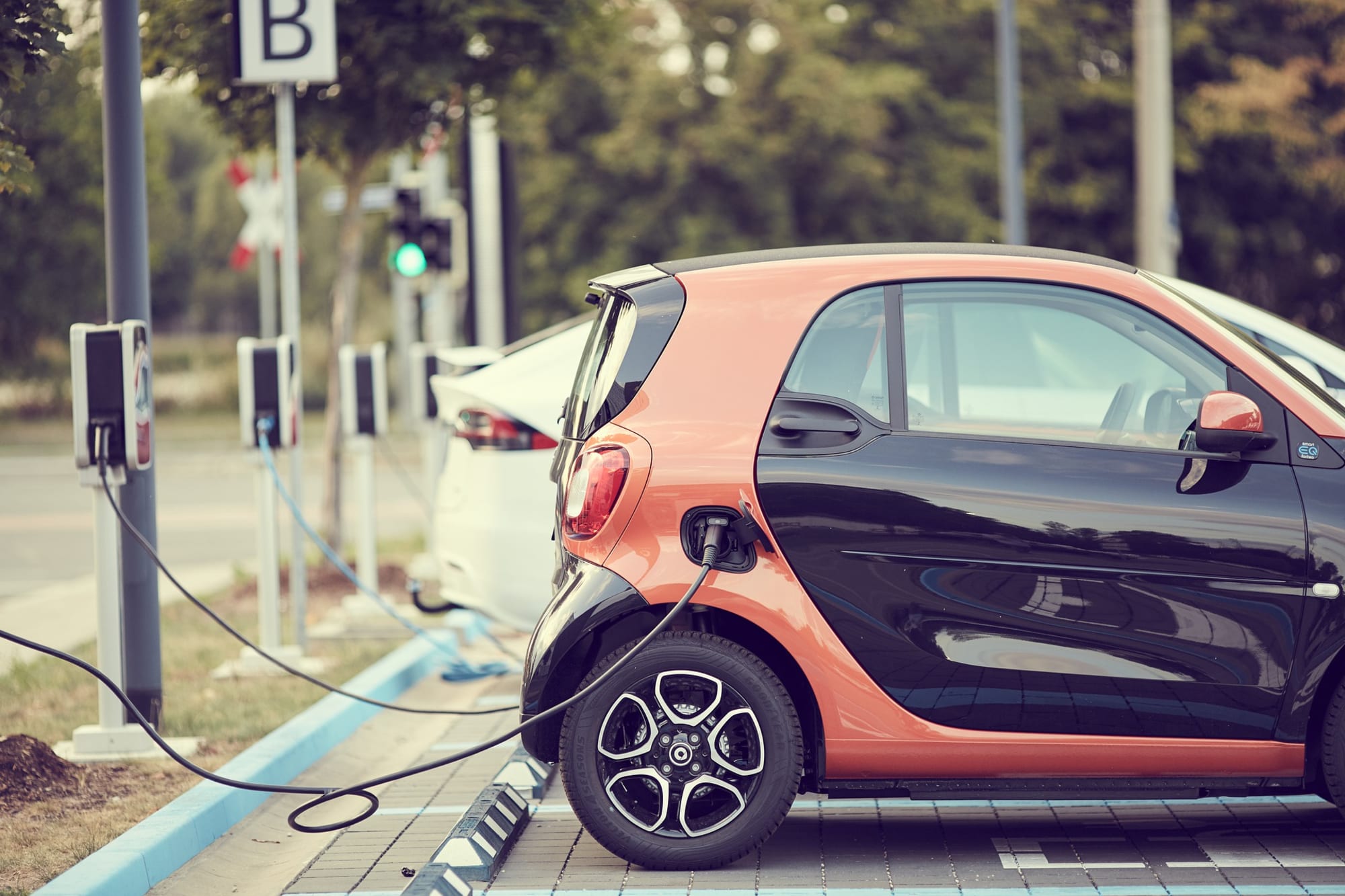Article
Salary sacrifice for low emission cars
Article
Salary sacrifice for low emission cars
November 25, 2021
2 minute read
It is not very often that we see an opportunity for both employee and employer to benefit from a small relaxation in the tax rules but the rules surrounding salary sacrifice for ultra-low emission cars offer exactly that.

A win win situation
It is not very often that we see an opportunity for both employee and employer to benefit from a small relaxation in the tax rules but the rules surrounding salary sacrifice for ultra-low emission cars offer exactly that.
A salary sacrifice arrangement is an agreement for an employee to reduce the cash pay they receive in return for a non-cash benefit. The tax savings arise from the benefit incurring a lower tax and NIC charge as a result of salary being given up.
Ordinarily the value of the non-cash benefit is the higher of:
- The amount of salary given up
- The benefit in kind charge.
However, for cars with CO2 emissions of no more than 75g/km, the charge is always based on the value calculated under the benefit in kind rules.
Related content
Need expert advice?
Speak to an expert for advice on
+44-1865 292200 or get in touch online to find out how Shaw Gibbs can help you
Email
info@shawgibbs.com
Need expert advice?
Speak to an expert for advice on
+44-1865 292200 or get in touch online to find out how Shaw Gibbs can help you
Email
info@shawgibbs.com




